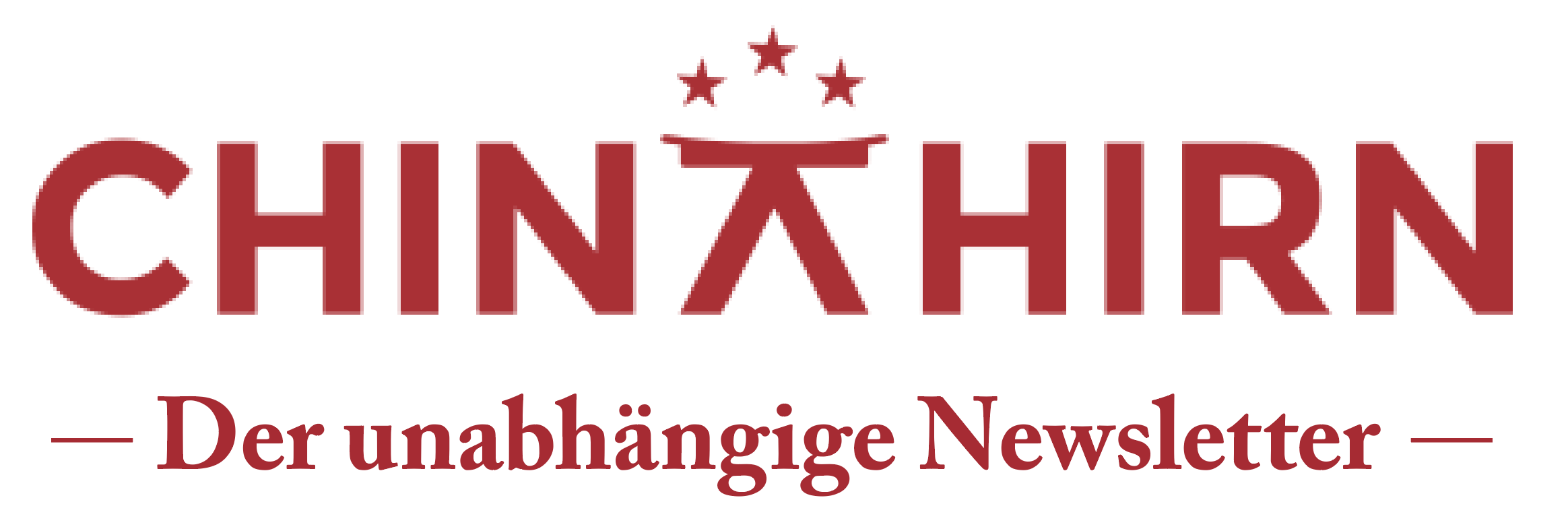Die neuen EU-Kommissarinnen und -Kommissare der zweiten Amtszeit unter Ursula von der Leyen sind längst nominiert. Aber noch sind sie nicht in Amt und Würden. Das langwierige Procedere will es, dass sie einzeln vom Europäischen Parlament (EP) bestätigt werden müssen. Dazu müssen sie sich in sogenannten confirmation hearings den Abgeordneten stellen. Diese Anhörungen werden im November stattfinden. Bereits zuvor haben sie einen Fragenkatalog (Questionaires to the Commissioners-designate) von diversen EP-Ausschüssen erhalten, den sie inzwischen alle beantwortet haben. Ich habe die Antwortschreiben von den vier relevantesten designierten Kommissaren danach durchforstet, was sie darin zu China geschrieben haben. Hier unkommentierte Auszüge aus deren Antworten in Englisch:
Kaja Kallas (47), die neue EU-Außenbeauftragte und ehemalige Regierungschefin Estlands:
“I will also spare no effort in defending the EU’s values and protecting the EU’s interest vis-a-vis systemic rivals. My priority in engaging with China will be to safeguard the EU’s geopolitical and economic security, by working with the responsible colleagues in the College of Commissioners as well as with the EU’s Member States. The most pressing challenges here are China’s support for Russia as well as structural imbalances between the EU and China that result from non-market policies and practices, which create unfair competition and and unlevel playing field…Only by keeping ourselves safe from malign external influence and threats can we ensure the EU is a strong power in global affairs. Actors such as Russia, Iran, North Korea, and partly China, aim at weaponising interdependencies and exploiting the openness of our societies against us. For this, we must be prepared.”
Teresa Ribera (55), Vizepräsidentin für sauberen, fairen und wettbewerbsfähigen Wandel und ehemalige spanische Umweltministerin:
“I believe in multilateralism. We should continue to defend the EU’s competitiveness and resilience using the full breadth of the Commission toolbox to tackle the challenges of the global economy. For example, I will rigorously enforce the Foreign Subsidies Regulation to protect the Single Market from distortive subsidies by countries outside the Union to ensure a level playing field for all companies operating in the Single Market, while remaining open to trade and investment with third countries. … We need to ensure that the EU remains a place for Battery Electric Vehicle (BEV) production and that we preserve the EU’s manufacturing capabilities in a sector that is vital to the EU’s green transition and our climate objectives. The BEVs anti-subsidy investigation was grounded on solid facts and evidence and was carried out in line with WTO rules. The Commission is working to find a negotiated solution for the BEVs case that is WTO compliant, effective and enforceable.”
Henna Virkkunen (52), Vizepräsidentin for Sicherheit, Demokratie und technologische Souveränität und ehemalige finnische Ministerin:
“Reducing our dependence and strengthening Europe’s capacity in critical technologies is central to providing the sustainable competitiveness needed for the welfare and prosperity of citizens. … If confirmed, my objective will be to substantially reduce our technological dependencies… I would ensure that our work on e-commerce also builds on the proposed customs reform. The volume of parcels valued up to EUR 150, currently exempt from paying customs duties, directly shipped from third countries, has quadrupled in the last four years. The ambitious EU Customs Reform proposed in 2023 would abolish the EUR 150 duty exemption threshold and bring structural reinforcement of control capabilities. The reform would significantly improve EU capacity to respond to threats posed by illicit and non-compliant e-commerce traffic.”
Maroš Šefčovič (58) Kommissar für Handel und wirtschaftliche Sicherheit, Interinstitutionelle Beziehungen und Transparenz und seit 2009 Mitglied der EU-Kommission:
“With regards to China, I will work towards a more balanced and reciprocal trade relationship, including by addressing significant level playing field concerns linked to the negative externalities of China’s state driven economic model and industrial policy, as well as the overcapacities that are distorting global markets and supply chains. Addressing these challenges will require continuous dialogue as well as the strategic use of our updated toolbox of autonomous instruments whenever necessary. ..…I plan to continue ongoing efforts to strengthen the EU’s toolkit. I look forward to working with the European Parliament and the Council to reach a swift agreement to update the Foreign Direct Investment Screening Regulation. I will also strengthen our approach to dual-use export controls. In addition, I intend to evaluate in 2025 the effectiveness of the existing export controls regulatory framework. With regard to outbound investments, I will seek, in cooperation with the Member States and businesses, a deeper and better understanding of the risks we face, by systematically reviewing and assessing transactions taking place in certain selected sectors.”
Info:
Hier die Fragen und Antworten an Kallas: https://hearings.elections.europa.eu/documents/kallas/kallas_writtenquestionsandanswers_en.pdf …an Ribera: https://hearings.elections.europa.eu/documents/ribera/ribera_writtenquestions_en.pdf…an Virkkunen: https://hearings.elections.europa.eu/documents/virkkunen/virkkunen_writtenquestions_en.pdf
…und an Šefčovič: https://hearings.elections.europa.eu/documents/sefcovic/sefcovic_writtenquestionsandanswers_en.pdf
